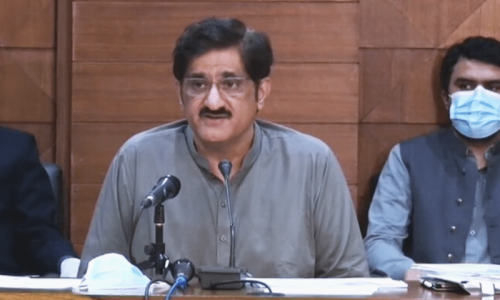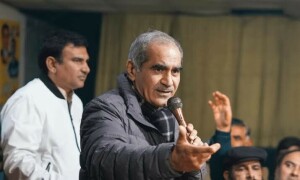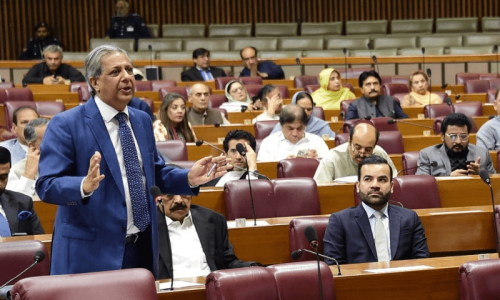NEW DELHI, Sept 11: India had begun talks with American companies on purchasing nuclear technology and equipment, although a US-India civil nuclear cooperation accord was still awaiting approval in Congress, an Indian official said on Thursday.
India, which has been subject to a nuclear trade ban since it tested its first atomic weapon in 1974, wasted no time in going after sensitive technology after the ban was lifted on Saturday by the 45-nation Nuclear Suppliers Group of countries.
The decision by the suppliers’ group was a prerequisite for approval of a separate US-Indian nuclear accord by the US Congress, where time is rapidly running out before an election recess.
Foreign Ministry spokesman Navtej Sarna told reporters the “government is taking steps to realise commercial cooperation with foreign partners in this field” following the decision by the Nuclear Suppliers Group.
Sarna said India had informed the US that it intended to “source state-of-the-art nuclear technologies and facilities” and had “already commenced a preliminary dialogue with US companies in this regard”.
He gave no details and named no companies, but said actual cooperation would begin only after the agreement came into effect.
With only about three weeks remaining before Congress is to leave for the rest of the year, the administration needs lawmakers’ help in overcoming a law that requires Congress to wait for 30 working days after it receives the deal before ratifying it.
Democrats control the House of Representatives and the Senate, and administration officials have been appealing to crucial lawmakers to debate the accord, which would reverse three decades of US non-proliferation policy by allowing nuclear fuel and technology to be sold to India in return for international inspections of India’s civilian reactors.
India, which conducted its most recent nuclear test blast in 1998, has refused to sign non-proliferation agreements.
Lawmakers are scheduled to leave Washington at the end of the month to campaign for November elections. Barring passage of legislation to scrap the 30-day waiting period, Congress does not appear to have enough days left to ratify the deal.
Some in Congress are vowing a careful and possibly time-consuming review of US-Indian nuclear negotiations, which may doom the plan’s passage this year. That will leave it in the hands of a new Congress and president, and it is unclear whether it would remain a priority.
Both presidential contenders, Democrat Barack Obama and Republican John McCain, have indicated support for the accord, and it has received support among senior lawmakers from both parties.—AP














































Dear visitor, the comments section is undergoing an overhaul and will return soon.